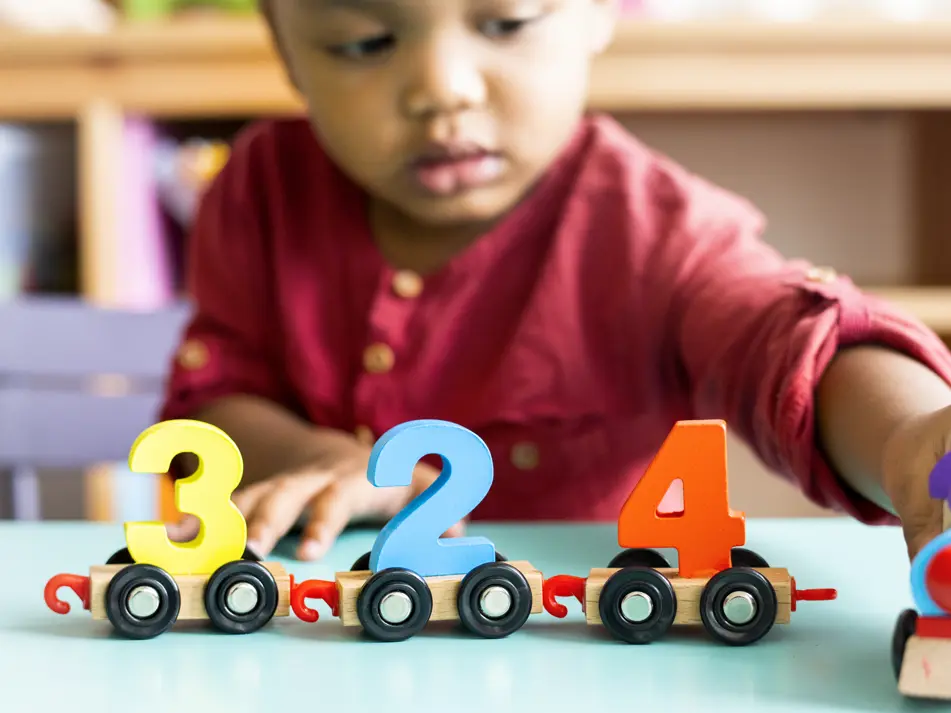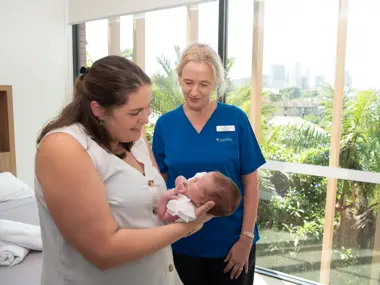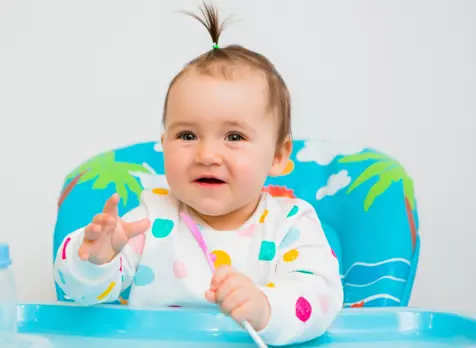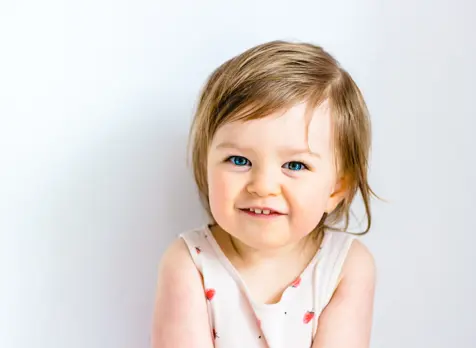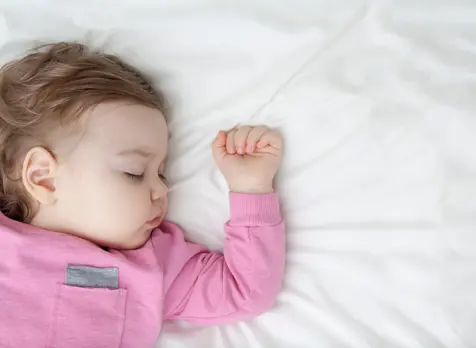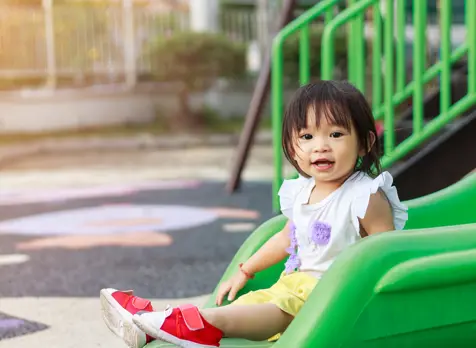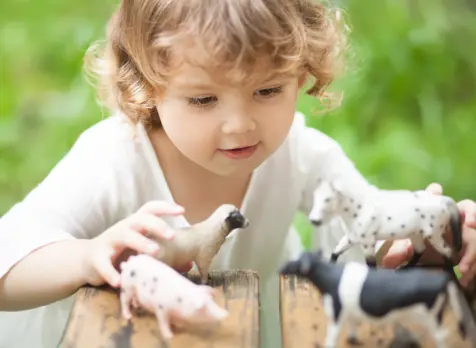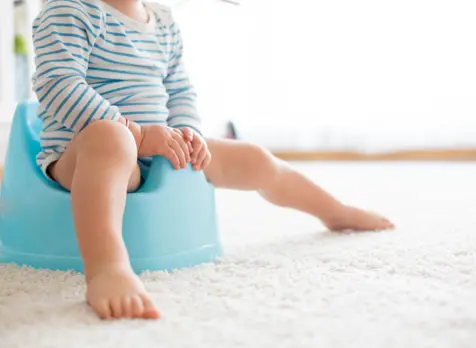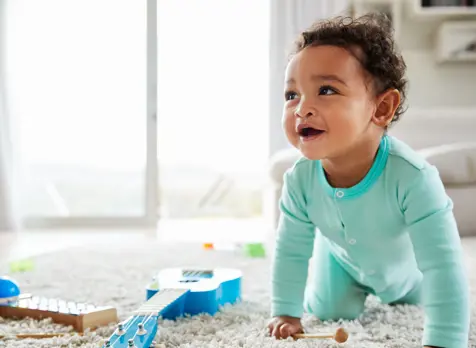Should you call the daycare centre?
Don’t feel guilty or worried all day that you left your child distressed. They will most likely be settled in by the time you have arrived at work.
Call the daycare centre and talk to your child’s educator about how they settled in if you're worried.
At pickup time
Don’t be alarmed if your child becomes distressed when you return to pick them up. It has been a big and emotional day for them on their first day of care and they are happy to see their parents return for them.
As the educator what activities your child took part in during the day then talk positively to your child about it. For example ‘I can see you did a beautiful painting at childcare today, would you do another one tomorrow?’
Encourage your child to wave or say goodbye to their educator to continue to foster the relationship. Remind your child they will be returning to childcare tomorrow or another day.
Be prepared for the next day
If your child has had a great first day with no tears when you left, be prepared that it may be different on the next day they go to childcare. The first time it was all new and exciting, the second time they recognise a routine is forming and might not want another day away from mum and dad.
If they do become upset, follow the same routine and be consistent in your approach.




































